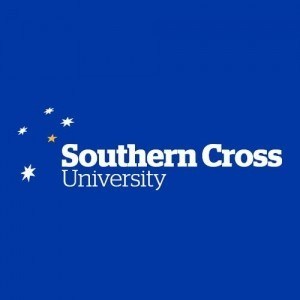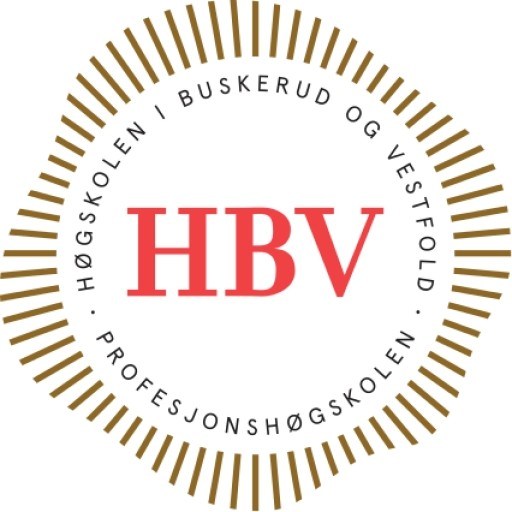Photos of university / #uow
Maritime Policy handles policy, law and security problems associated with the world's oceans. It addresses such problems at the contexts of the value of the sea for trade, a supply of both living and non-living marine resources, as an important all-natural environment, and as both a way to obtain international governmental anxieties and alliance. The Guru of Maritime Policy degree is intended to satisfy early or mid-career education needs of marine professionals working in an insurance plan or functional context, or those who intend to follow a career in a maritime or related discipline.
Master of Maritime Policy at the University of Wollongong offers an in-depth exploration of the complex issues surrounding maritime industries, governance, and sustainable development. This program is designed to equip students with comprehensive knowledge of maritime policy, marine environmental management, maritime law, and international regulations. It emphasizes the importance of understanding the economic, political, and environmental challenges faced by the maritime sector in a global context.
Students will engage with a diverse curriculum that includes modules on marine resource management, maritime security, port planning and development, shipping industries, and maritime diplomacy. The program encourages critical thinking and analytical skills, enabling graduates to develop innovative solutions to contemporary maritime issues. Through a combination of theoretical coursework and practical applications, students will learn about maritime transport systems, maritime safety, and the role of international organizations such as the International Maritime Organization (IMO).
The program also offers opportunities for research and fieldwork, providing students with real-world experience in maritime policy-making. Collaboration with industry partners and government agencies enhances practical learning and networking opportunities, positioning graduates for careers in government agencies, international organizations, environmental groups, and private sector companies involved in maritime industries.
Graduates of the Master of Maritime Policy will gain the skills necessary to shape sustainable maritime policies, address international maritime challenges, and contribute to the development of resilient and environmentally responsible maritime sectors worldwide. The program prepares students for leadership roles in the evolving maritime landscape, fostering a global perspective and commitment to sustainable development goals.
- Recognised Bachelor Honours degree
- or Graduate Certificate in a relevant area
- or Bachelor Level with relevant experience.
The University of Wollongong offers various financing options for students enrolled in their Maritime Policy programmes. These include scholarships, a range of government-funded financial aid packages, and payment plans to make education more accessible. Scholarships are often awarded based on academic merit or financial need and may cover partial or full tuition fees. The university also participates in Commonwealth Supported Place (CSP) schemes, which subsidize Australian domestic students' tuition costs, significantly reducing the financial burden. International students may access different scholarship programs targeted specifically at overseas applicants, providing opportunities for partial fee waivers or stipends to assist with living expenses.
Additionally, students can benefit from external scholarships sponsored by government agencies, industry organizations, or private foundations, which support maritime and policy studies. The university often offers flexible payment options, such as installment plans, allowing students to spread out tuition payments over the semester or year. Work-study opportunities are available for students to supplement their income while gaining practical experience in maritime policy and related fields. Financial counseling services are provided to help students manage their expenses and optimize their financing strategies throughout their studies.
Prospective students are encouraged to explore the university’s official website for the latest information on financing options, eligibility criteria, application procedures, and deadlines. International applicants should also consider additional costs such as health insurance, visa application fees, and travel expenses, which are important to factor into their overall budget. The university’s commitment to supporting its students financially reflects its goal of making maritime policy education accessible to a diverse student body, fostering an inclusive academic environment and promoting the development of future leaders in maritime governance and policy.
The Master of Maritime Policy at the University of Wollongong is a specialized postgraduate program designed to equip students with a comprehensive understanding of the complex issues surrounding maritime governance, international maritime law, environmental management, and sustainable development of maritime industries. This program aims to prepare graduates for careers in maritime policy-making, regulation, consultancy, and research, addressing critical challenges such as maritime security, maritime environmental protection, maritime trade, and port management.
Throughout the course, students engage with a blend of theoretical foundations and practical applications, learning about the legal frameworks that govern international waters, coastal zones, and maritime resources. The curriculum covers topics including maritime safety, piracy, marine pollution, fisheries management, maritime economics, and the role of international organizations like the International Maritime Organization (IMO). Students develop skills in policy analysis, strategic planning, conflict resolution, and stakeholder engagement, enabling them to influence policy decisions and advance sustainable maritime development.
The program is delivered through a combination of lectures, seminars, case studies, internships, and project work, often involving collaboration with industry partners and government agencies. This approach encourages critical thinking and real-world problem solving, ensuring graduates are ready to tackle current and emerging issues in the maritime sector. The University of Wollongong's strong ties with industry and government bodies provide students with valuable networking opportunities, internships, and potential employment pathways upon graduation.
Eligibility for admission typically includes a relevant undergraduate degree and relevant work experience, with pathways available for international students. The program may also offer electives or specializations in areas such as offshore renewable energy, maritime security, or environmental policy, depending on the current academic offerings.
Graduates of the Master of Maritime Policy often find employment in governmental bodies, international agencies, shipping companies, environmental organizations, and research institutions. They are well-positioned to contribute to policy formulation, compliance, and strategic planning in various maritime sectors. The program emphasizes interdisciplinary understanding, critical analysis, and policy advocacy, aligning with the global importance of sustainable maritime development and governance.
In summary, the Master of Maritime Policy at the University of Wollongong is a comprehensive course that prepares students for influential roles in the maritime sector, combining theoretical knowledge with practical skills, anchored in industry collaborations and real-world applications. It fosters a nuanced understanding of the legal, environmental, economic, and security issues that are essential to modern maritime policy and management.










